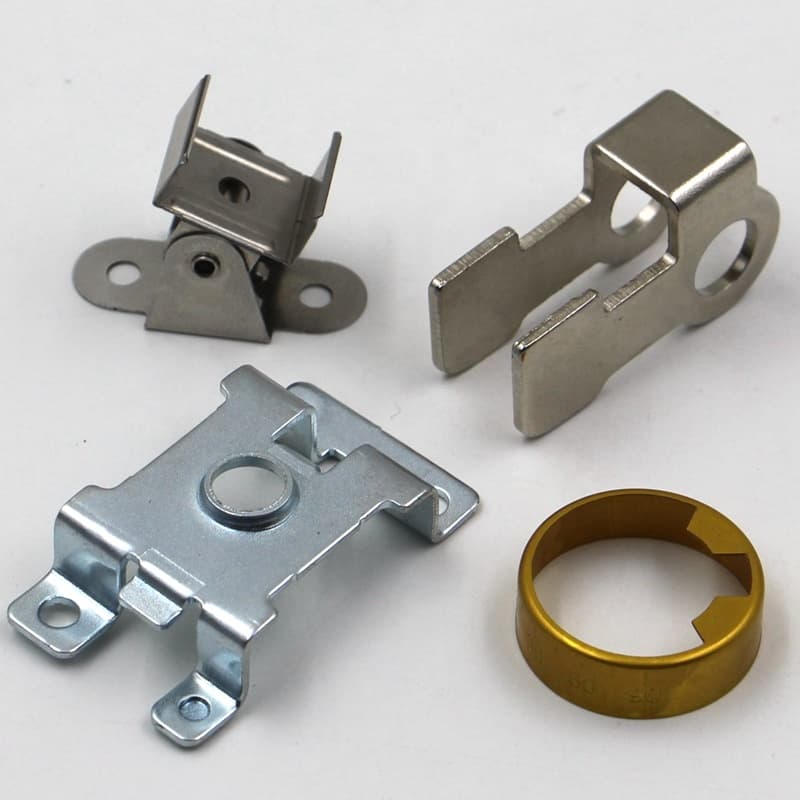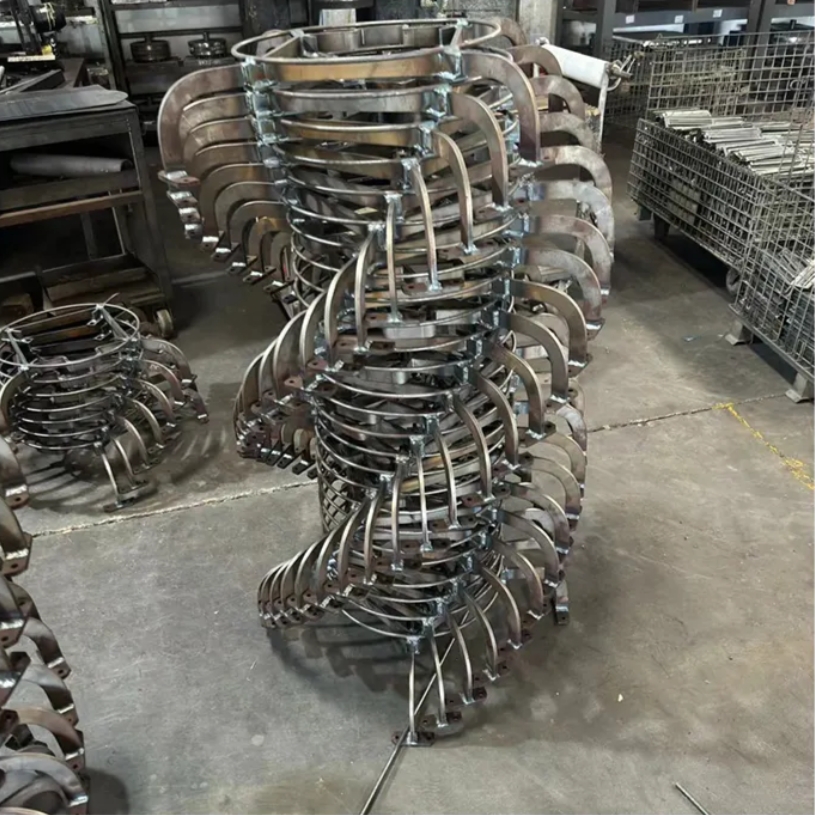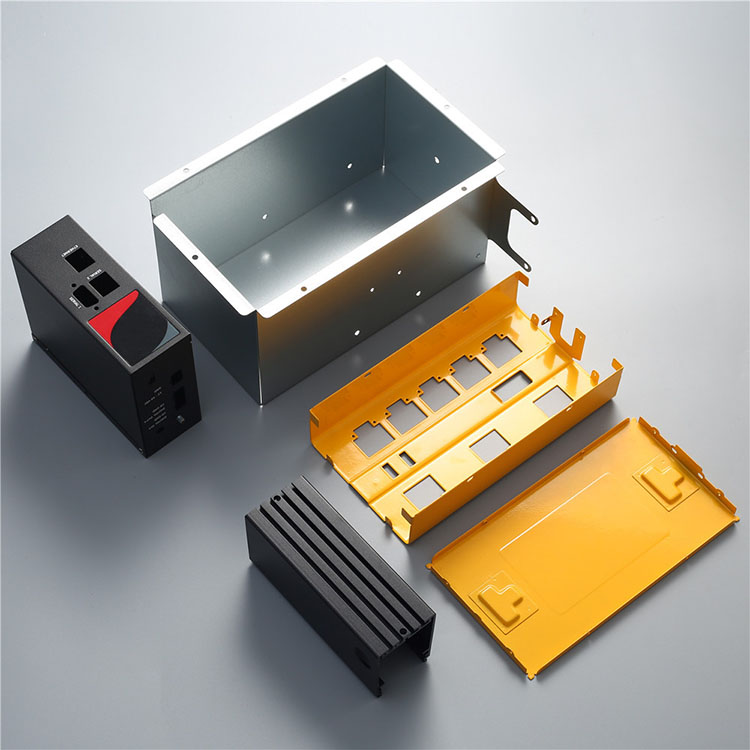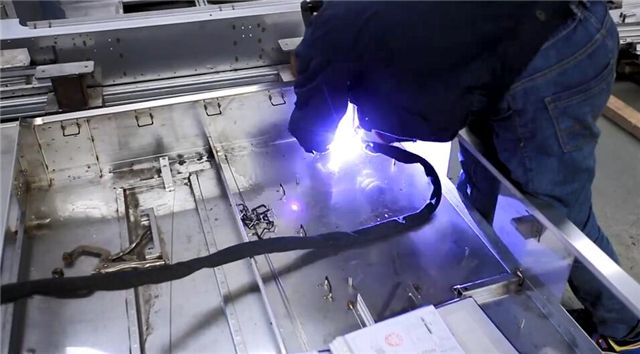Postion: Home > Our Case > Stamping & Bending >
Validate designs quickly without sacrificing accuracy. We prototype single samples to short-run lots with in-house laser cutting, CNC bending, spot/MIG/TIG welding, and finishing ÔÇö all set up for speed and repeatability.




ÔùÅ State revision, material grade, thickness, and finish in the file name or header.
ÔùÅ Mark critical faces/features and bending direction; note cosmetic sides.
ÔùÅ Provide STEP/IGES (3D) + DXF (flat) + PDF drawing with key tolerances.
ÔùÅ Tolerances only where function needs it; keep general dims to a sensible default.
ÔùÅ Aluminum: 5052/6061 for good bendability and weight; 6063/6082 on request.
ÔùÅ Stainless: 304 for general use; 316 for corrosion; 430 for cost-sensitive.
ÔùÅ Steel: SPCC/CRS for painted parts; HS grades on request. Typical 0.8ÔÇô3.0 mm.
ÔùÅ Inside bend radius Ôëê ÔëÑ 1.0├ùT (as a safe starting point).
ÔùÅ Hole-to-bend distance ÔëÑ 1.5├ùT (2.0├ùT preferred for soft materials).
ÔùÅ Minimum flange height ÔëÑ 2.0├ùT + inside radius.
 Slot width  T; keep notches away from bend lines; consider grain direction.
ÔùÅ Use datums, tabs/pins, or small slots for adjustability during assembly.
ÔùÅ Call out fastener types, PEM nuts/inserts, and weld symbols clearly.
ÔùÅ Reserve tight GD&T only for critical interfaces to keep cost/lead time down.
ÔùÅ Powder coat, anodize, passivation, zinc-nickel plating, silkscreen/engraving.
ÔùÅ Provide color codes (e.g., RAL/Anodize Type/Gloss) and masking areas for threads.
ÔùÅ Prototypes typically in 2ÔÇô5 days; short-run lots scheduled per quantity.
ÔùÅ English support with quick DFM feedback and clear progress updates.
ÔùÅ Files: STEP/IGES + DXF + PDF (key dims/threads, finish, cosmetic side).
ÔùÅ Quantity range, target date, and destination country/region.
ÔùÅ Acceptable alternates (e.g., 5052 Ôåö 6061, bead-blast Ôåö polish) if timing is critical.
We sign NDAs on request. Drawings and data are restricted to authorized engineers and handled confidentially throughout prototyping and production.
Tip: If your part has tight bends near holes, attach a detail view with exact distances ÔÇö it speeds DFM and avoids rework.